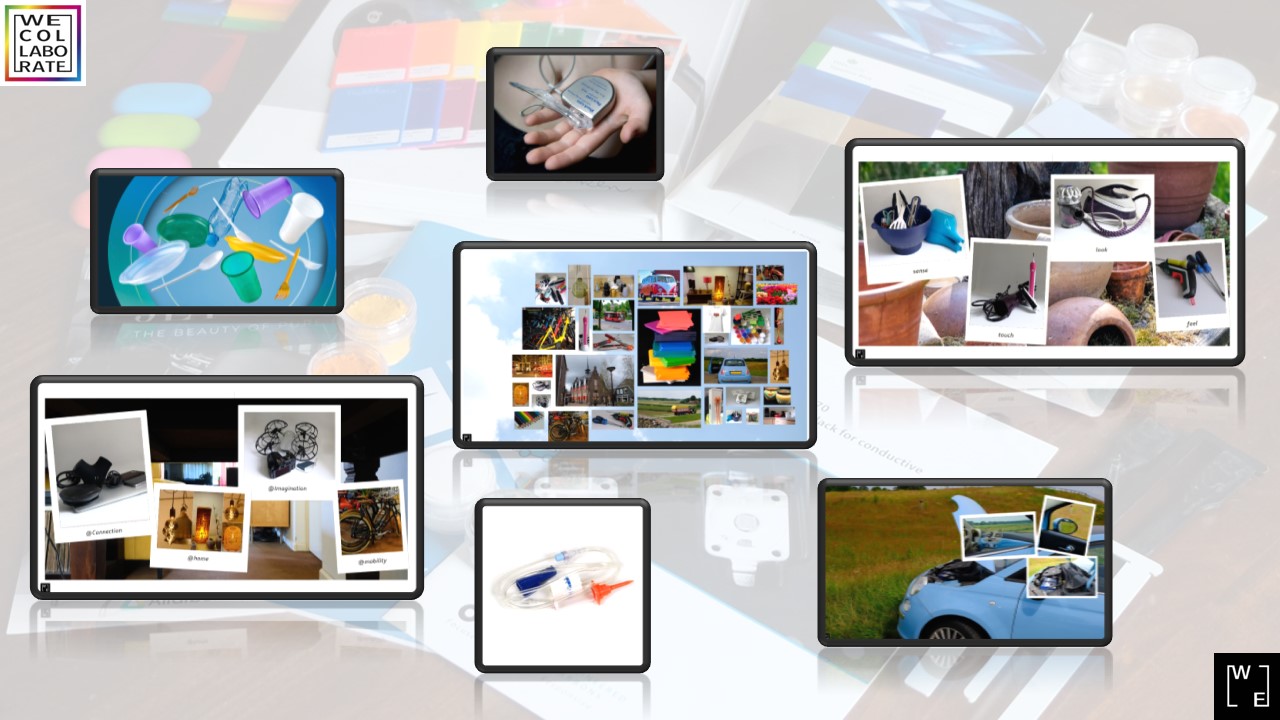Plastics: Blessing or Curse?

We live in a fairly polarised world; on the flanks, people are passionately, and with today's social media loud voices, disagreeing with each other and there seems to be no reasonable middle anymore. To be honest, I too sometimes get lost in a heated argument about my “truth”.
You also see this polarisation in plastics. Partly “helped” by the ban on single-use plastics of the EU, plastics are seen in a negative light and easily seen as good for nothing.
But is that true? Isn't it time to polarise less, distinguish fact from fiction and bring nuance to the discussion?
And then you have to recognise that we throw away a lot with the plastic soup in the oceans, for example, as a very worrying consequence which causes a lot of damage to all those beautiful animals and plants. And the factual consequences and potential risks for people and the environment due to microplastics, for example, cannot be ignored.
And if you look at the average waste bin or roadside verges, you would sometimes think that civilisation is nowhere to be found.
But what plastics have brought us should also not be underestimated. Plastics play an important role everywhere in our daily lives, such as your car, fuse boxes in your home, toothbrushes, cups, vacuum cleaners, etc. And there are applications where plastics are of vital importance, such as tubes and parts of medical drips and heart-lung machines. And the majority of these plastic applications are not for single use and are not immediately thrown away after use.
If we want to move forward and find solutions for the enormous mountains of plastic that really do exists, and if we want to reduce the impact of our human behaviour, so that our planet is also livable for our children's children, we must acknowledge both sides.
We have decades of unbridled growth and development behind us, with the enormous consequences for people and the environment as a downside. And in my opinion, simply banning plastics is not the path to be taken further; policymakers and governments could also use more nuance in this regard. The rapid development of the Corona vaccine has made visible what humanity is capable of if it has to and does work together. It has also made it clear that if governments facilitate in a correct and positive way, a lot is possible. And that is also possible in solving the various plastics problems. To achieve this, the advantages and disadvantages of plastics must be recognised, a broad vision for the future must be formulated and clear and, as much as possible, objective information must be provided to include society in the plans.
Because this too must be a collaboration between all parties involved: Governments, producers, researchers and users/consumers... in short: we are all in this together!
But let's not forget that a lot is already happening, that many companies, startups, professionals and citizens are engaged in concrete, interesting and fantastic activities to make this world more beautiful and preserve it for future generations.
Think of recycling, think of all kinds of citizen initiatives to clean up waste, think of energy and raw material reduction programs, think of reuse of plastics, think of electric cars... it often seems like such small drops in the ocean. But if this gains momentum, society gets behind it, governments facilitate it with people and resources, and companies see opportunities and possibilities, then it can really have an impact.
Don't get me wrong, it is often dizzying for me as well when I see what is happening in the world, how many problems there are, how many people need help and how even democratic governments, who are only human with their good and bad sides, have made choices that are now apparently turning against us, all at the same time. But I want to believe that humanity and nature are resilient and can turn the tide (in time?).
Plastics are sometimes a blessing and sometimes a curse, but in the nuanced middle for non-disposable applications it is above all useful and often indispensable.
Let us use that inventiveness and creativity that brought us plastics to correct and even eliminate the negative consequences.
Feel free to contact us or request a quotation




